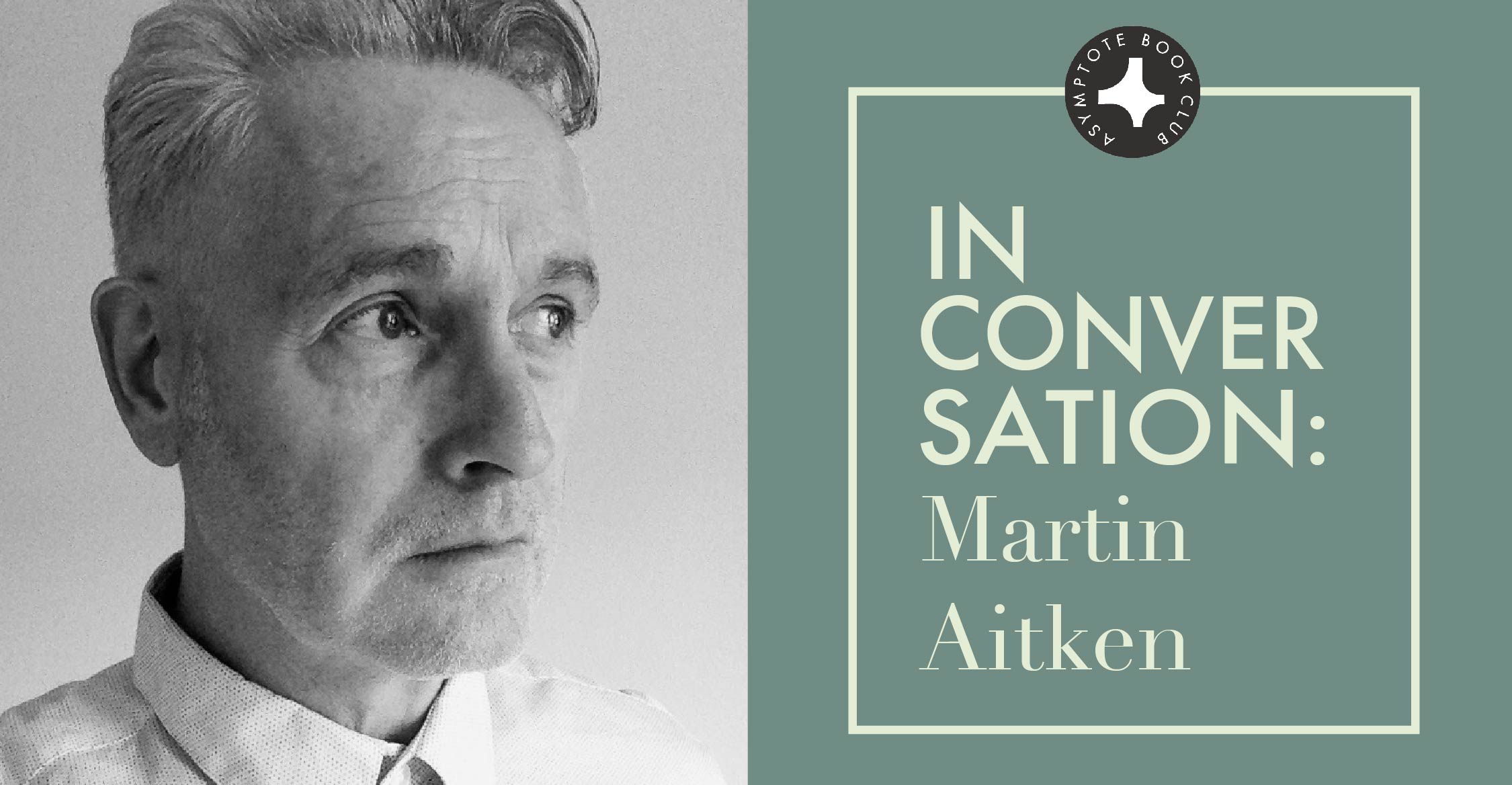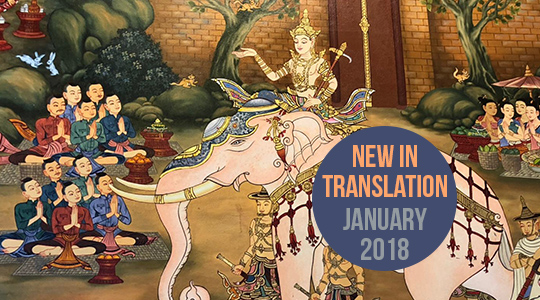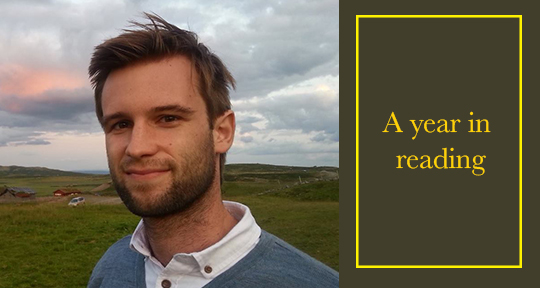Continuing our monthly series of Asymptote Book Club interviews, Martin Aitken discusses his translation of Hanne Ørstavik’s Love.
Aitken, currently translating the sixth volume of Knausgård’s My Struggle alongside Don Bartlett, tells Asymptote’s Jacob Silkstone how readers are now more open to the idea that “English isn’t all there is,” and why it’s sometimes better to “switch yourself off as a translator and just read.” And, given the novel’s title, there’s also time for a brief meditation on love’s potential to be “a terrible thing, as terrible as its absence.”
Jacob Silkstone (JS): Love strikes me as a book that changes tone dramatically when read for a second time. Apparently innocuous lines (“He thinks he’ll look out for her on the bus tomorrow,” for example) suddenly take on a tremendous amount of weight. Do you generally read a novel cover to cover before beginning a new translation, to get a sense of where the plot is heading, or do you start translating immediately?
Martin Aitken (MA): This is a very short book, a novella, and every sentence in the Norwegian has been faceted very carefully indeed. The translator’s challenge is to poise the target-language sentences in the same way. I couldn’t envisage embarking on a novel like this without having read it first. I used to jump in at the deep end a lot, with crime fiction especially. There’s always a risk of being caught out by twists of plot when you do that, though of course rectifying mistakes is a lot easier these days than I imagine it used to be. However, with literary fiction I now prefer to spend time with the original before getting started on anything. With a novel like Love, so much of the work is about immersing yourself in the atmosphere of the piece, and I think the best way into that is to switch yourself off as a translator and just read. Getting the sense of the thing as a reader first, listening to its music as you move through the story, is a different thing entirely from the focus applied in crafting the translation.





